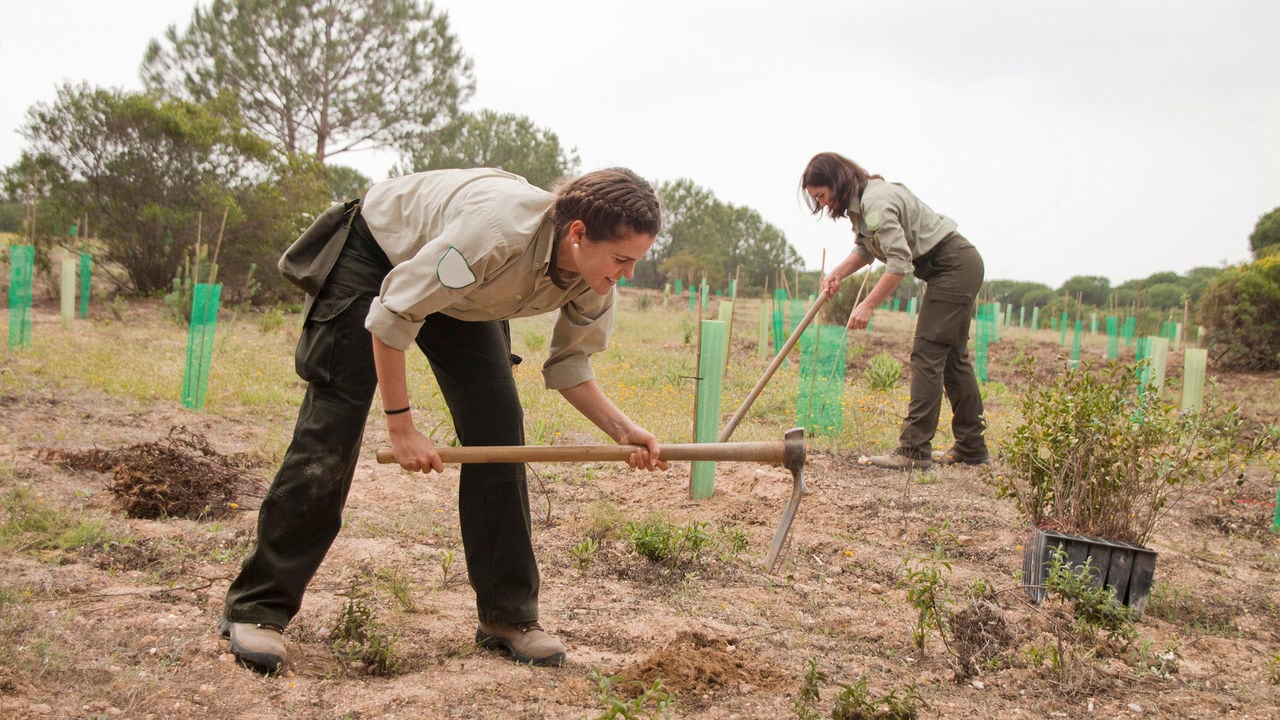Technological advancements, like artificial intelligence and automation, are reshaping industries and blurring the lines between sectors. While they bring efficiency, they also challenge us to adapt. Jobs are evolving, pushing us to embrace continuous learning. By upskilling and reimagining our approach, we can position ourselves at the forefront of this digital revolution.
PwC Belgium Annual Report FY25
PwC Belgium at a glance
Chairman’s letter

Patrick Boone
Chairman and Territory Senior Partner
This was my first year as Chairman and Territory Senior Partner (TSP) of our Belgian firm. And I couldn’t be prouder to be at the helm of this amazing place to work, leading such a talented team of diverse individuals and to be serving the prestigious clients who consider us their partner of choice.
When I took on this role, one of my core objectives was bringing people closer together – a more ‘we’ than ‘me’ approach as I express it. That doesn’t mean just people working across specialisations, but genuinely across the firm, with team members in our various service delivery centres (SDCs) and acceleration centres (ACs) around the world. And with alliance partners and other stakeholders in our ecosystem. I firmly believe that two heads – or three, four or more – are better than one. When we combine our perspectives, experiences, and knowledge, we create new opportunities to create value and new opportunities for growth.
FY25 wasn’t an easy year, but we did secure 2.6% growth, which I think we can be proud of. The market remains tough and unpredictable. The geopolitical situation is unsure, rife with conflicts, global supply chain disruptions, and shifting alliances. Against this backdrop, we need to be – and I believe we are – resilient. We invest a great deal in making sure we’re able to adapt to challenges, which you can read about in this report.
Navigating an era of transformation
As we navigate an era of transformation, the world around us is evolving in ways that both challenge and inspire us. For individuals as well as businesses, these changes offer a landscape rich with potential. To innovate, grow, and make impactful contributions.
Growth priorities
We’ve identified four growth priorities that correspond to our clients’ most critical (emerging) needs: technology, data, and AI, reinvention, trust, and sustainability.

Climate change – playing our role
We believe that to tackle climate change we need to both decarbonise and move towards net zero faster than we do today, and that’s not all. We need to address the impact that climate change is having. We’ve identified a number of strategic challenges that we believe we should address as part of a climate scenario analysis exercise that we undertook in FY23 (and will again consider in five years).
In FY25, we further electrified our fleet, meaning we’re on track to achieve the elimination of fleet-related scope 1 emissions ahead of our 2030 near-term science-based target.
We also actively seek to reduce waste. One means of achieving this is by encouraging people to use the Too Good to Go app. In FY25, we saved an impressive 341 meals, representing an emissions saving of 852.5 kgs of CO2 equivalent.
Read more about our efforts to limit our impact on the environment
Our people - designing for the future
At PwC, we believe we’ve a responsibility to provide a workplace that promotes wellbeing and personal development, that’s truly inclusive and diverse and offers equal opportunities. We actively seek to help our people manage the often competing demands of their professional and personal lives, find balance and continue to develop new skills to secure their relevance in today’s very digital world. Everyone who works with PwC Belgium – whether as an employee, contractor, interim or other – plays an essential role in enabling us to serve clients with the high-quality, forward-looking services they expect and drive our strategy forward.

Community support – making a difference
Our corporate social responsibilities embrace many facets including seeking to have a positive impact on the communities around us. Our annual quiz in aid of Kom op Tegen Kanker (KOTK) raised an almost 8,000 euros. We also encouraged people to donate their end-of-year gift to Stichting tegen Kanker, another cancer charity. Together, our people engaged in 6,919 hours of volunteer work and we amassed 1,314 hours of pro-bono support.

PwC Belgium Annual Review FY25
Download as a PDF
Contact us










